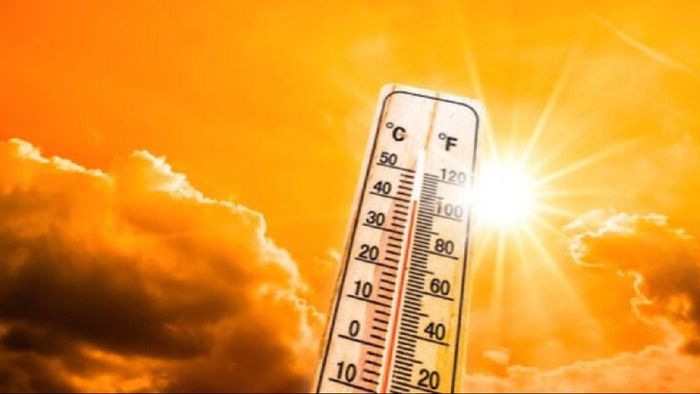Assam: Kamrup Metro instructs schools to ring water bells thrice daily amid scorching heat
Amidst the intense heat wave affecting the region, the Elementary Education Department of Assam's Kamrup Metropolitan District has issued new guidelines to ensure student safety and well-being. Schools have been instructed to ring a "water bell" three times a day and to conduct morning assemblies indoors.

- May 23, 2024,
- Updated May 23, 2024, 8:54 AM IST
Amidst the intense heat wave affecting the region, the Elementary Education Department of Assam's Kamrup Metropolitan District has issued new guidelines to ensure student safety and well-being. Schools have been instructed to ring a "water bell" three times a day and to conduct morning assemblies indoors.
This directive, aimed at keeping students hydrated during the scorching weather, was issued by the Inspector of Schools, Kamrup Metro. The order emphasized the necessity of drinking sufficient water to prevent health issues such as sweating and headaches. Schools are required to ring the water bell thrice daily to remind students to drink water and to hold morning assemblies inside classrooms or in shaded areas like verandas, instead of open spaces.
In addition to these measures, the districts of Nagaon and Lakhimpur have revised their school schedules to mitigate the effects of the heat. Starting May 23, schools in Nagaon will begin at 8:00 a.m. Lower primary schools will operate until 12:30 p.m., middle schools until 1:00 p.m., and high schools and higher secondary classes until 1:30 p.m. These changes apply to both public and private institutions.
Similarly, in Lakhimpur District, classes will start at 7:30 a.m. from May 23. Lower primary schools will run until 12:00 p.m., middle schools until 12:30 p.m., and high schools and higher secondary classes until 1:00 p.m.
Also read: Assam: Illegal medical practices uncovered at diagnostic centres in Bongaigaon, locals raise concern